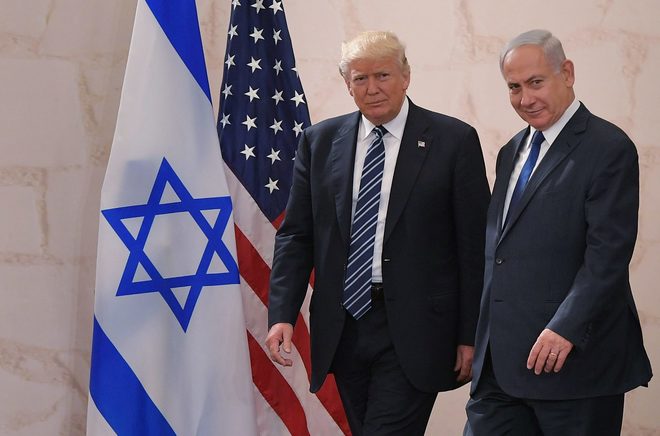The Slow Fermentation of the Internal Strife of US Politics
The revelations have not eased the strained relations between Trump and the U.S. media. From a subjective point of view, the media wish to see Trump lose face and are constantly watching Trump for negative press. But there can be no waves without wind, and Trump’s disputes with both members of his own team and those of other factions are well known. Leaks of internal information from the White House to the media have become a strategy of those harboring underlying dissatisfaction and opposition toward some of Trump’s policies, while high-level advisers to Trump who are involved in internal power struggles could have selectively leaked information to attack their opponents. In addition to the increasing political polarization caused by last year’s general election, the Democratic Party is seizing every opportunity to attack Trump’s government. Consequently, the U.S. government’s currently complicated situation has mostly been created by battles between Trump and his subordinates, battles amongTrump’s subordinates themselves and battles between Trump and the Democratic Party and Trump and the media.
It is very difficult to diffuse these kinds of conflicts quickly. Trump could consider re-inspecting the level of loyalty among his team members, not ruling out a “reshuffling” of high-level White House advisers or a reorganization of the internal team. Whether or not Congress will impeach Trump for “obstructing the course of justice” depends on the as yet unpublished content of Comey’s notes — but then again it mainly all depends on the Republican Party.
“Obstructing the course of justice” really could be grounds for Congress to impeach Trump, but this would require the approval of more than 50 percent of the House of Representatives. With the Republican Party controlling Congress, impeaching Trump would mean that the Republican Party would face significant risks in next year’s midterm elections. However, according to opinion polls, Trump’s steadfast supporters have not abandoned him, even amid his current political troubles. Thus, under the current circumstances, the Republican Party cannot support impeaching Trump. Trump’s current political troubles will very likely continue to get worse and develop into a slow fermentation rather than a political storm.
America’s internal political troubles will no doubt affect its actions on foreign affairs. Even now there are still many vacancies in low-level and mid-level positions at the U.S. Department of State and the U.S. Department of Defense. These positions are fundamental to U.S. foreign policy and to how it formulates decisions on specific issues and areas. These vacancies are also leading to an inability to deal with foreign affairs in a timely and meticulous fashion. And, the Democratic Party and the media are relentlessly unwilling to drop the “Russiagate” issue, and this will influence the manner of Trump’s follow-up treatment of relations between the U.S. and Russia. After Trump took office, he expressed the wish to improve U.S.-Russia relations, but the events of “Russiagate” have forced Trump to quickly change direction and take a harder line in relations with Russia. In the wake of all of this, and with political troubles with Russia continuing to ferment, Trump’s notions of improving relations with Russia and of strikes on the Islamic State could be said to be hard to achieve.


